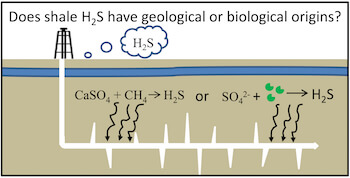Success through more efficient use of technology – DEA at EAGE 2016 in Vienna
From 30 May to 02 June, DEA is presenting recent projects and technology highlights at Europe’s most important technology event of the oil and gas industry, the 78th EAGE Conference and Exhibition.
“In exploration and production of oil and gas, sustained quest for technical solutions and the constant search for efficiency-enhancing concepts are daily business”, says Manfred Böckmann, Senior Vice President Exploration DEA Deutsche Erdoel AG.
These measures are a prerequisite for a continuing assurance of our high safety and environmental standards on the one hand and the economic viability of the projects on the other. In times of low oil prices, this is becoming increasingly important and the EAGE offers an ideal platform for the essential exchange of ideas and the discussion of new approaches, together with the experts of other E&P companies, the service industry and the representatives of science”, Böckmann adds.
At DEA’s booth (Stand No. 2230, Hall B), the visitors can experience live presentations of case studies from international DEA projects and are invited to discuss current industry topics with the DEA experts during the coming days.
DEA Deutsche Erdoel AG is an international operator in the field of exploration and production of crude oil and natural gas based in Hamburg. Its focus is on safe, sustainable and environmental conscious exploitation of oil and gas. DEA has 117 years of experience working along the whole upstream value chain as operator or project partner. With a staff force of 1,400 employees DEA has shares in production facilities and concessions in, among others, Germany, Norway, Denmark, Egypt and Algeria. Moreover, in Germany, DEA also operates large subsurface storage facilities for natural gas.


